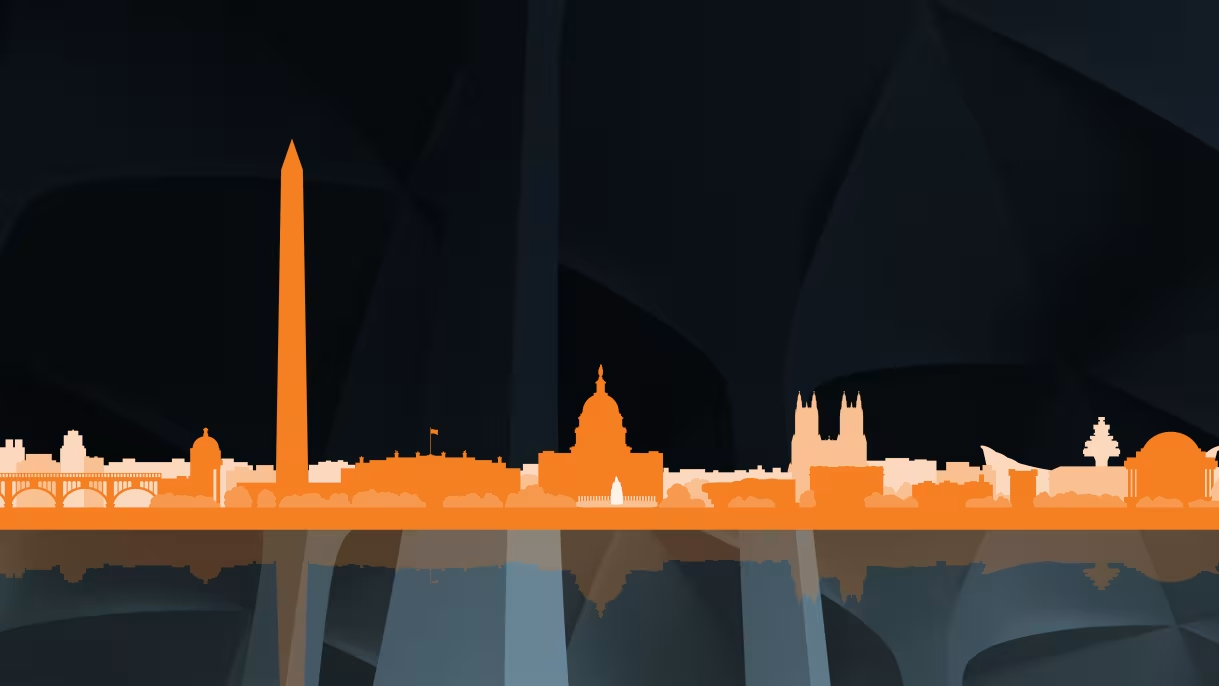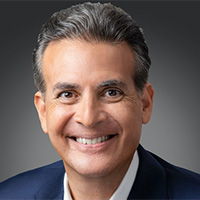
Politics and Policy Scholars Weigh in on Critical Moment for the U.S.
PRINCETON, NJ – Following the shutdown of the U.S. government, Princeton School of Public and International Affairs (Princeton SPIA) faculty provide their insights into its causes, consequences, and broader implications. Princeton SPIA experts share analysis and context as Americans navigate this critical moment in U.S. governance.
 Eduardo Bhatia, John L Weinberg/Goldman Sachs & Co. Visiting Professor and Visiting Lecturer in Public and International Affairs:
Eduardo Bhatia, John L Weinberg/Goldman Sachs & Co. Visiting Professor and Visiting Lecturer in Public and International Affairs:
“We had not seen a shutdown in 7 years, when the nation experienced in 2018-19 the longest government shutdown in history. It is a vivid reminder that bitter partisan conflict now paralyzes even the most basic function of democratic governance — funding the government — eroding public faith in institutions. When leaders weaponize the budget to score political points, citizens see a government that cannot deliver on essential services, deepening frustration and cynicism. This growing disillusionment with a polarized political system fuels democratic backsliding, as people begin to doubt that democracy can solve urgent national problems. And that keeps me up at night.”
 Charles Cameron, Professor of Politics and Public Affairs:
Charles Cameron, Professor of Politics and Public Affairs:
“The shutdown is a striking example of contemporary ‘blame game politics.’ When you play the blame game, you act to cast an opponent in the worst possible light in front of voters. Here, somewhat unusually, both sides are playing the blame game as hard as they can – and very likely to succeed. If so, voters, like Mercutio, will cast ‘a curse on both your houses.’ Unfortunately, it will be federal employees and those dependent on affected federal programs, especially the health insurance exchanges, who will bear real costs of the theatrics.”
 Heather Howard, Professor of the Practice; Co-director, Global Health Program; Faculty Affiliate of the Center for Health & Wellbeing:
Heather Howard, Professor of the Practice; Co-director, Global Health Program; Faculty Affiliate of the Center for Health & Wellbeing:
"The pivotal issue of the shutdown is healthcare affordability. Without action by Congress, the tax credits that 24 million Americans use to make health insurance more affordable will expire and the average monthly cost of insurance will double. This shutdown is a reminder of the importance of healthcare to our political dynamics and the wide-ranging effects of health policy decisions on our economy."
 Udi Ofer, John L. Weinberg/Goldman Sachs and Co. Visiting Professor and Lecturer of Public and International Affairs:
Udi Ofer, John L. Weinberg/Goldman Sachs and Co. Visiting Professor and Lecturer of Public and International Affairs:
“Even before this shutdown, constitutional rights and the rule of law have been under tremendous stress. A shutdown will potentially intensify these dangers by placing even greater stress on government bodies responsible for upholding our constitutional rights, like our federal courts system, and potentially further weakening our system of checks and balances, as the White House has signaled it may exploit this crisis to push through actions that require congressional authorization. What Americans need now is stability, not further uncertainty.”
 Lauren Wright, Associate Research Scholar and Lecturer in Politics and Public Affairs:
Lauren Wright, Associate Research Scholar and Lecturer in Politics and Public Affairs:
“Government shutdowns create a lot of uncertainty, which can be damaging to the economy and everyday Americans—especially if protracted. They are also a basic sign of a dysfunctional government, a bad outcome for both parties who will likely accomplish nothing as a result. Politically, Democrats have put themselves in a tough spot, because for years they have called shutdowns dangerous, disastrous, unacceptable and unnecessary, and championed themselves as the party of responsible governance. For Trump and Republicans, who generally want a smaller government that costs less and does less, it was easier to reject the demands of Democrats out of hand.”
###

